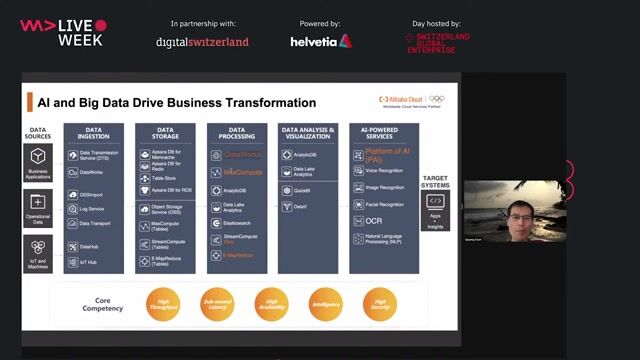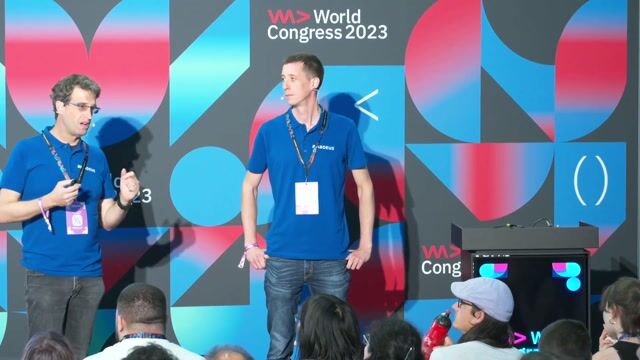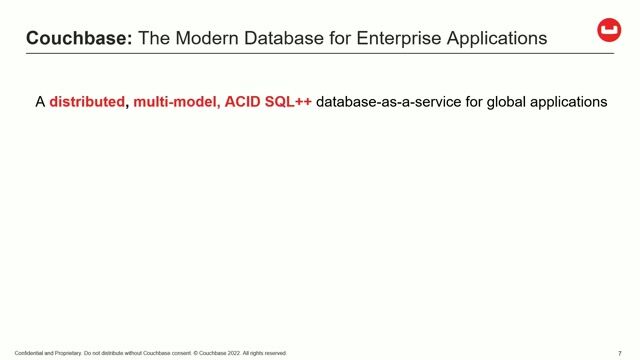Senior Graph Data Engineer (Cloud)
Role details
Job location
Tech stack
Job description
We are seeking a talented and motivated Senior Graph Data Engineer (Cloud) (f/m/d) to help us design, deploy, and operate a production-grade graph database service., As part of the MPSlabs team and in close collaboration with multidisciplinary collaborators, you will help us establish a robust graph database service for execution within a project. The tasks associated with this role are (but not limited to):
- Schema design: A maintainable property-graph schema with clear node/relationship types, properties, constraints, and indexes.
- Cloud deployment and integration: Infrastructure-as-Code procedures and CI/CD to provision and initialize the graph DB with the agreed schema; secure connectivity to relevant data sources so the database is ready to be populated.
- Performance and operations: Database configuration, tuning, observability (metrics, logs, traces), usage monitoring, SLOs/alerts, backup/restore, and cost-aware scale-up/scale-out strategies.
- Schema exploration: Reproducible introspection via built-in tools and notebooks to visualize/list labels, relationship types, property keys, constraints, and indexes.
- Query development: Optimized queries for neighborhood discovery, shortest paths, recurring motifs/shapes, and structural introspection.
- Graph algorithms and pattern detection: Workflows for triangles/stars/chains, community detection, centrality, and link prediction; encode domain patterns provided by collaborators.
- Statistical analysis and graph ML: Descriptive stats (counts, degree and path length distributions, clustering coefficient, density), centrality reports, community summaries, embeddings, and simple ML pipelines (clustering/classification) using graph-derived features.
- ML tools integration: Interfaces and containers to integrate analysis tools from other sources.
- Iterative analysis and reporting: Versioned analytics and reports that update with data changes; documented assumptions and changelogs., * Data engineering and integration
- Building secure ingestion/ELT pipelines from APIs, object storage, and databases with validation, schema evolution, and idempotent loads.
- Cloud, security, and DevOps
- Deploying managed graph services or self-managed clusters on AWS/Azure/GCP.
- Infrastructure as Code (Terraform or CloudFormation/Bicep), containers (Docker), CI/CD (GitHub Actions/GitLab CI/Azure DevOps).
- Observability (CloudWatch/Prometheus/Grafana), centralized logging, alerting, backup/restore, and disaster recovery.
- Security best practices: IAM/roles, VPC design, secrets management, TLS in transit/at rest, least-privilege access, and auditability.
- Communication and documentation
- Clear technical writing (runbooks, ADRs, user guides); stakeholder communication; ability to translate domain patterns into graph designs and queries.
Further qualities that will put you in the spotlight
- Graph ML and embeddings: node2vec/DeepWalk/ GraphSAGE; familiarity with PyTorch Geometric or DGL; evaluation and basic MLOps hygiene.
- Visualization: Neo4j Bloom, yFiles, Graphistry, Cytoscape; lightweight app dashboards (Streamlit/Plotly Dash).
- Orchestration and data movement: Airflow/Prefect, event streaming (Kafka), and batch scheduling.
- Biomedical data familiarity: integrating outputs from biomedical data pipelines; awareness of FAIR data, metadata standards, and controlled access patterns.
- Compliance and governance: experience with GDPR/HIPAA-aligned controls, data minimization, pseudonymization, and audit logging.
- Python for data processing/automation; comfort with pandas and either NetworkX, graph-tool, or Spark GraphFrames; reproducible notebooks (Jupyter).
- R/stats workflows: tidyverse and automated reporting (Quarto/Markdown) for stakeholder deliverables.
Requirements
Do you have experience in Terraform?, * Graph databases and query languages *
- Production experience with at least one major platform: Neo4j (Cypher, APOC, GDS), AWS Neptune (Gremlin/SPARQL), Azure Cosmos DB for Gremlin, TigerGraph, or ArangoDB.
- Strong schema/constraint/index design; query profiling and optimization; practical understanding of cardinality and selectivity.
- Graph algorithms and analytics
- Hands-on with shortest path, motif searches, centrality (PageRank, betweenness, closeness), community detection (e.g., Louvain/Leiden), and basic link prediction.
- Ability to compute and interpret graph statistics (node/edge counts, degree and path length distributions, clustering coefficient, density).
Benefits & conditions
The dynamic team behind ESQlabs unites people with different backgrounds, spanning disciplines like pharmaceutical sciences, physics, bioinformatics, mathematics, data science, and software engineering. Our trust in each other, our open-mindedness, and our constant quest for excellence and innovation unite us. We value flat hierarchies, where everyone can contribute ideas and expertise to develop the best product. We are passionate, always willing to broaden our horizons, and love our start-up culture.
You will also benefit from:
- Flexible work hours and a home office policy that focuses on people and not on numbers
- An attractive remuneration package
- A dedicated budget for education programs and conferences you can attend
- A working environment in which your contribution will make a difference, and that allows you to take ownership of projects and processes
- Responsibility, autonomy, participation, and career perspective










